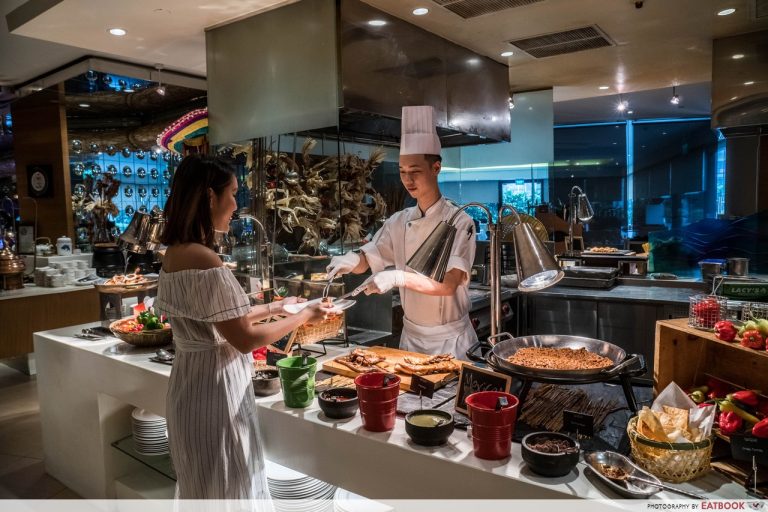Essential locations in metropolitan settings that unite people and build local networks, community hubs are Providing a range of services, events, and activities meant to meet the several requirements of the community, these hubs form the backbone of energetic communities. For instance, residents of a community center bangkok come to participate, learn, and work together. These venues give people chances to exchange ideas, work on projects, and create relationships spanning social boundaries. The value of these institutions cannot be emphasized in a fast changing metropolitan scene since they greatly support community resilience and cohesiveness.
Promoting Local Initiatives and Opportunities
Beyond socializing, community centers are also important for supporting local projects and giving chances for development. Events like farmers’ markets, neighborhood celebrations, or networking gatherings help highlight local companies and support local talent by means of their hosting. Entrepreneurs, artists, and activists can find a launchpad in a well-established community center, which lets them interact with like-minded people and access tools enabling their success. Through seminars, training courses, and mentoring, these centers also frequently give people venues to pick up fresh talents. They thus become vital for both personal and professional growth since they enable citizens to be proactive and help their neighborhood to be better.

Strengthening Social Ties Through Engagement
Community centers have a great variety of chances for socializing and involvement. These venues let people from many backgrounds come together, connect, and grow to feel like they belong, whether through volunteer work, social events, or instructional seminars. Residents of a community center bangkok can engage in cultural events, language exchanges, or seminars covering a range of subjects that appeal to their particular interests. Strong ties among participants result from these common experiences, therefore promoting unity and group responsibility.
Building Resilient Communities for the Future
Resilient communities are clearly needed as metropolitan areas keep developing and changing. Central to this resilience are community hubs, which provide a venue where individuals could help one another during crises and cooperate to handle shared issues. These centers give individuals somewhere to assemble, distribute resources, and work on answers regardless of the natural calamity, financial crisis, or public health concern. The feeling of camaraderie developed in these environments guarantees that societies may adjust to changes and keep on flourishing despite obstacles. More coherent, supportive, and sustainable urban settings are created by enhancing ties inside communities and community hubs.
Community centers are absolutely essential for developing better urban ties and encouraging social interaction. They enable people to participate, cooperate, and develop personally as well as to contribute significantly to their local communities. By use of these venues, cities transform from just residences into vibrant hubs of cooperation, innovation, and support.




